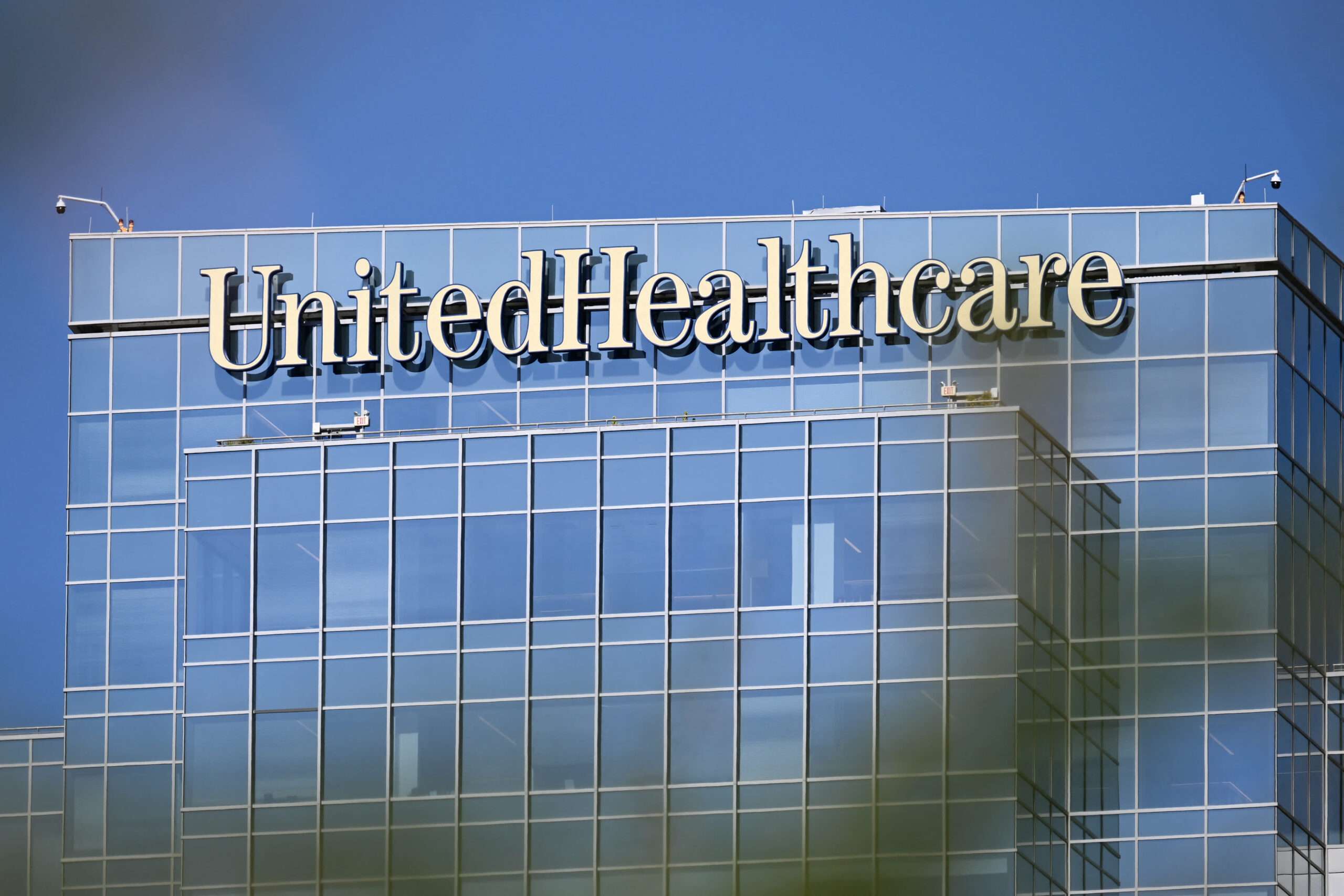UnitedHealth has been severely impacted by a ransomware attack, which has hindered payments and services for over 30 million individuals.
Community health centers have been hit particularly hard by the ransomware assault on UnitedHealth, which has blocked payments to healthcare providers and hospitals across the US for a month. These centers provide services to over 30 million low-income and uninsured people.
The use of alternate technology has allowed many large healthcare centers to begin receiving payments and issuing claims after the attack, according to UnitedHealth.
According to discussions with two national associations representing Medicaid directors and plans, five affected centers, and national and state-based organizations representing community health centers, many of these centers have been unable to reconnect due to technological impediments.
Some members will be unable to make payroll if the current scenario persists until the end of this month, according to one group based in Texas.
Verifying insurance coverage, filing claims, and receiving payments are all made possible by UnitedHealth’s Change Healthcare system. As of this week, UnitedHealth is testing and resuming a new system in phases, but in the meantime, it has offered loans to clinics and encouraged them to find workarounds so that thousands of clients can switch connections.
The effect has been “drastic,” according to Tulip Tree Family Health Care’s Executive Director, Kristine Georges. The clinic has two sites in southern Indiana and 4,000 rural patients from Illinois and Indiana.
According to Georges, Tulip Tree has been unable to implement UnitedHealth-recommended remedies, such as switching clearinghouses. There is a $300,000 backlog of claims that have been accruing since February 20.
The federal Health Resources and Services Administration funds 1,400 community health centers, including Tulip Tree, to provide health insurance to those who do not have it. Payments from the United States Medicaid program for low-income families and people are relied upon by the majority.
Over the last two weeks, the company’s 32-person team has spent $12,000 on overtime due to the tedious process of reporting claims through paper or individual insurance websites.
According to her, even the additional postage is a burden. “There’s no fat to cut.”
UnitedHealth has admitted that not all providers have found workaround solutions and that others may require more restoration work before they can file claims.
A representative from the organization stated that thousands of providers, including both major and minor regional health systems as well as small, rural independent physician practices, are collaborating with them to address cash flow concerns.
He was evasive when asked about the expected return of claims processing to CHOCs.
“THE MOST VULNERABLE“
Half of a community health center’s budget comes from Medicaid, 10% from Medicare for seniors and persons with disabilities, and the remaining 25% comes from private insurers and grants for the uninsured, according to Dr. Julia Skapik of the National Association of Community Health Centers.
According to her, the impacted centers are depleting their stockpiles within a few weeks.
Because they cannot use the new system, some groups are hoping that an older system will be brought back online. According to her, some people are concerned about rejections and the timing of payment for these claims, while others have systems that aren’t compatible with the suggested modifications.
Medicaid programs have been directed by the U.S. Department of Health and Human Services (HHS) to pay impacted providers in advance.
“We have made it clear to UnitedHealth Group our expectation that no provider be left behind,” stated an HHS official.
Executive John Baackes of the low-income Los Angeles County health plan L.A. Care Health Plan said it provides cash advances to tiny community-based providers since these organizations “do not have the sophistication or staffing to turn their claims submission operation quickly.”
Chief Information Officer Isaiah Nathaniel of Delaware Valley Community Health, which serves 50,000 patients annually across nine sites in the Philadelphia region, reported that his business was hit twice.
Despite receiving some funding from UnitedHealth, they are still facing significant challenges in getting reimbursed by their biggest payers, including one that requested paper claims.
Additionally, they have no assurance that UnitedHealth’s new system is secure, so they can’t connect. If they connect without that guarantee, their cybersecurity insurance might be void.
Plus, at four locations, Delaware Valley employs Change’s call centers to manage appointments and medication refills. There is currently no estimated time for when those will be backed up.
Some centers are only getting 30% to 50% of their claims handled, and for a small number of centers, none of the claims are going through at all, according to Lori Hooks of the Texas Association of Community Health Centers.
If the current situation continues until the end of March, it may be challenging to pay bills or staff, according to a survey conducted by her association last week.
“These are clinics that don’t have a lot of days of cash on hand, and so they’re the most vulnerable for not being able to make their regular monthly bills and payroll,” according to her.












